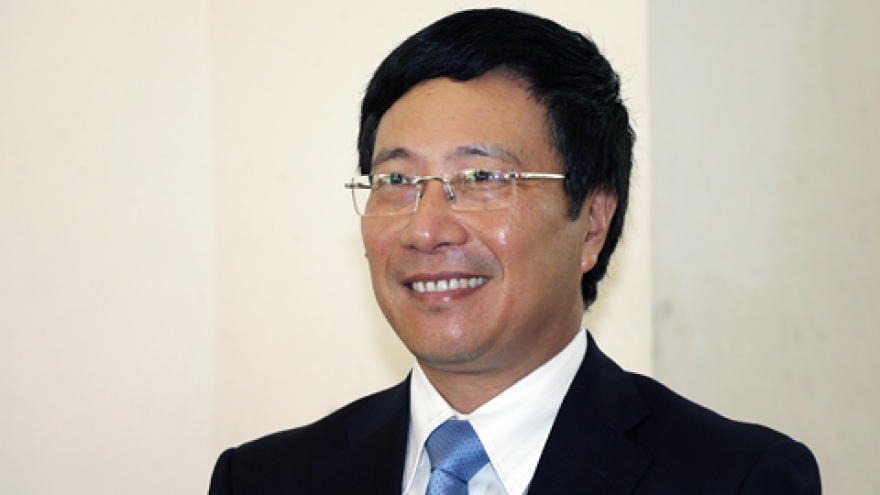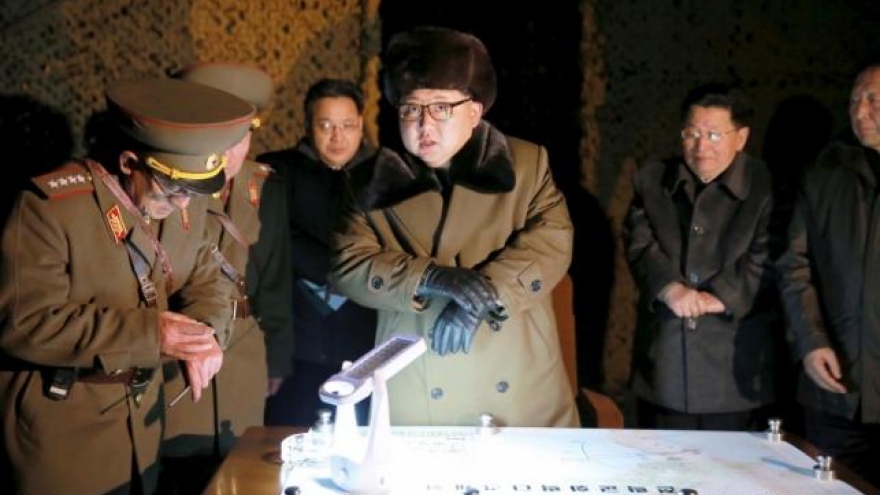Nuclear activity on the Korean peninsula tops Nuclear Security Summit
VOV.VN - The 4th Nuclear Security Summit opened in Washington on March 31.
The biennial nuclear security summit plays an important role in boosting global efforts to secure nuclear materials and prevent nuclear attacks. But at this forum, there are conflicting views on dealing with nuclear materials.
Tension increases prior to the Summit
Prior to the summit, the Democratic People's Republic of Korea (DPRK) demanded a cancellation of the summit vowing that its nuclear force will "steadily grow" unless the United States rolls back its "hostile policy".
The DPRK’s official statement quoted by the Korean Central News Agency said the summit is aimed at deterring the DPRK from strengthening its nuclear deterrent for self-defense and the US should not waste its time holding a futile confab against North Korea but should seek such realistic solution like rolling back its hostile policy toward the latter.
According to KCNA, the US and South Korea will use the summit as a means to ratchet up sanctions against the DPRK and find fault with its legitimate access to nuclear weapons.
To underscore its tough statements, the DPRK fired a short-range missile into the east off its east coast which flew about 200 km. The DPRK has said it is prepared to launch a preemptive nuclear attack to counter threats from the US and its allies.
Tension on the Korean peninsula escalated when The DPRK conducted a nuclear test on January 6 and fired a long-range missile in February. The UN Security Council has imposed tough sanctions on the Democratic People's Republic of Korea .
The US and South Korea have also increased their own punitive measures. On March 29, the US, South Korea and Japan held a meeting to discuss policies toward the Democratic People's Republic of Korea.
They agreed to strengthen trilateral security cooperation. Despite a tense relationship due to past issues, Japan and the Republic of Korea have increased their military cooperation in response to the DPRK’s provocation.
Seeking consensus
In recent weeks, the DPRK has stepped up its bellicose rhetoric, threatened pre-emptive nuclear strikes against Washington and Seoul and fired short-range missiles and artillery into the sea.
In response, Seoul and Washington have imposed tough sanctions on Pyongyang and launched their largest-ever joint military drill.



